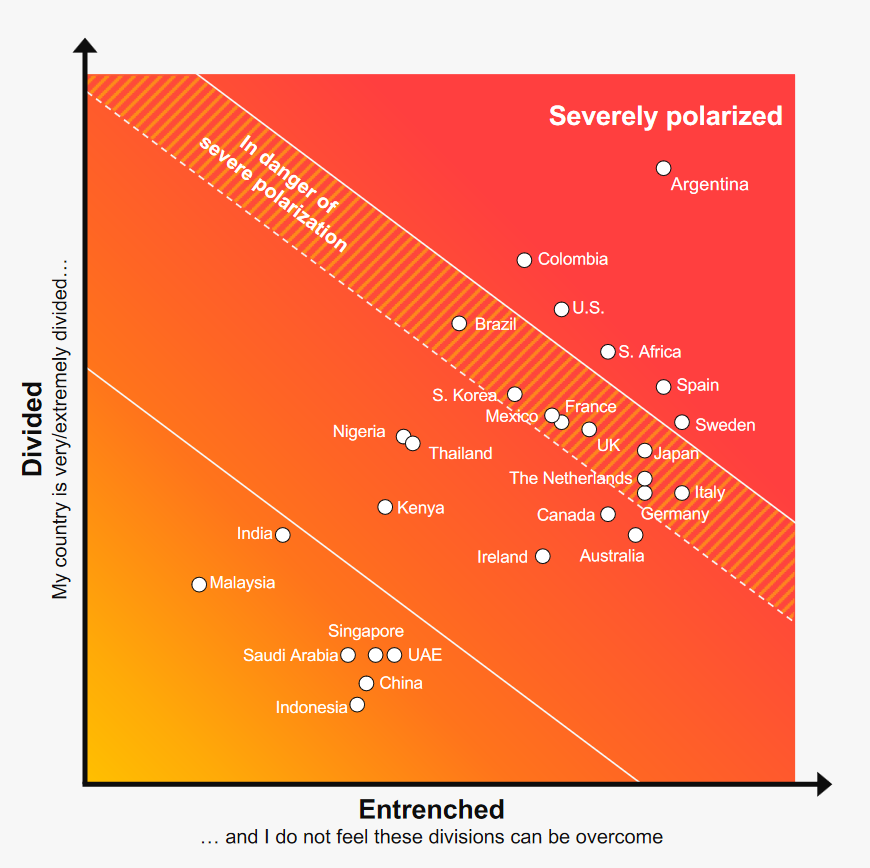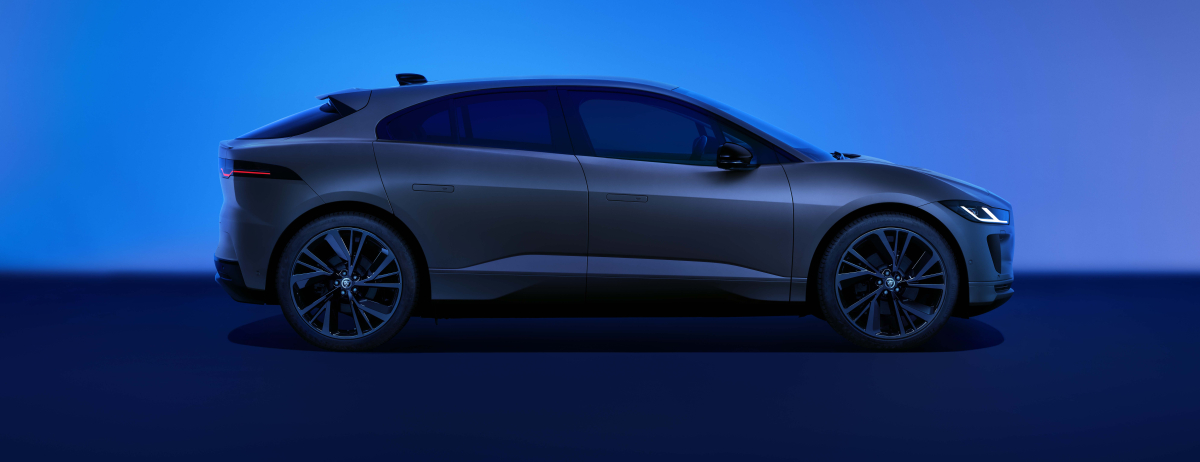Annual UK car production has fallen to the lowest level for 66 years (falling 9.8 per cent to 775,014 units) but has also recorded a new high of electrified vehicle production with almost a third of all cars made fully electric or hybrid.
The aftereffects of COVIOD, supply chain issues and global chip shortages have depressed output, and whilst domestic sales have risen 9.4 per cent they have failed to offset declining exports, down -14.0 per cent, with some eight in 10 cars shipped overseas.
The figures, from the Society of Motor Manufacturers and Traders (SMMT), show that UK factories turned out a record 234,066 battery electric (BEV), plug-in hybrid (PHEV) and hybrid (HEV) electric vehicles, with combined volumes up 4.5 per cent year-on-year to represent 30.2 per cent of all car production. Total BEV production rose 4.8 per cent, with hybrid volumes up 4.3 per cent.
Since 2017, the value of BEV, PHEV and HEV exports has risen seven-fold, from £1.3bn to more than £10bn. As a result, electrified vehicles represent 44.7 per cent of the value of all UK car exports, up from a mere 4.1 per cent. BEVs, in particular, are critical to the future prosperity of the UK, with their export value up more than 1,500 per cent, from £81.7m to £1.3bn.
The UK’s strength in specialist, luxury and performance car makers was also further underlined, with output climbing 6.6 per cent to 32,575 units, worth an estimated total of £3.7bn at factory gate prices, driven by a number of new launches and models in high demand from buyers around the world.
Looking forward, the latest independent outlook expects that, with easing semiconductor shortages, UK car and light van output should rise by 15 per cent to 984,000 units in 2023 (842,200 cars and 141,800 light vans), an uplift worth some £3.9bn. By 2025, production volumes are projected to surpass a million vehicles.
Latest News
-
Investment firm hands £650,000 to charities supporting young people
-
East Midlands Railway links with charity to improve travel for autistic people
-
Hotel chain to support carers' mental health
-
Sainsbury’s and charity think tank link up to better understand food insecurity
-
Access Group raises £1.55m for nine charities across the world in a year
-
PureGym raises over £100,000 for heart health charities
© 2019 Perspective Publishing Privacy & Cookies









Recent Stories